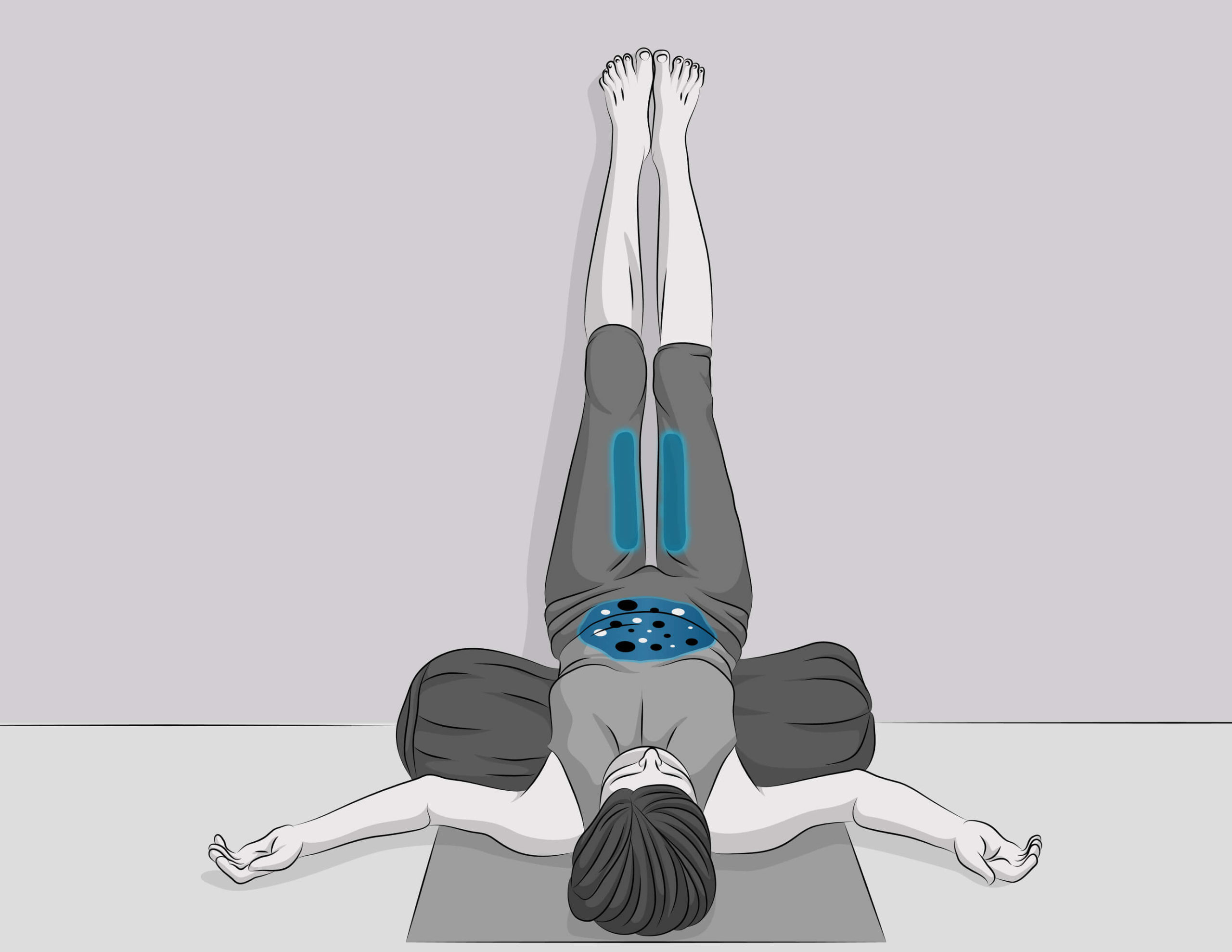Busting Fad Diet Myths: Choose Health Over Hype
In today’s fast-paced world, fad diets have become a go-to solution for many hoping to achieve rapid weight loss results. Enticed by promises of quick and dramatic transformations, individuals often overlook the long-term implications of these restrictive eating patterns. This article aims to debunk the myths surrounding fad diets and guide you towards making healthier dietary choices based on scientific evidence and sound nutritional principles.
Myth 1: Rapid Weight Loss is Sustainable and Healthy
One of the most pervasive myths about fad diets is that they promote sustainable weight loss. The reality, however, is that most fad diets encourage a severe reduction in calorie intake or the elimination of entire food groups, which is neither sustainable nor nutritionally balanced. Quick weight loss typically results from a loss of water weight and muscle mass rather than fat. Not only is this approach unhealthy, but it also leads to a yo-yo effect where the weight is quickly regained once you revert to normal eating patterns.
Myth 2: Specific Food Combinations Burn Fat
Another common fallacy is that certain food combinations can influence the body to burn fat more effectively. This myth stems from the misunderstanding of metabolism and digestion. No scientific evidence supports the idea that specific food pairings will expedite weight loss. A balanced diet consisting of a variety of nutrients from all food groups is the key to proper metabolism and maintaining a healthy weight. Focusing on food quality, portion sizes, and overall calorie balance is far more beneficial than any alleged fat-burning food combinations.
Myth 3: Carbohydrates Are the Enemy
Carbohydrates have been unfairly demonized in the world of fad diets, with many people believing that cutting carbs is a fast track to weight loss. While it’s true that reducing carbohydrate intake can lead to short-term weight loss, this is primarily due to water loss, not fat loss. Carbohydrates are an essential source of energy, particularly for the brain and during exercise. It’s important to distinguish between simple carbohydrates, like those found in sugary snacks, and complex carbohydrates, such as those in whole grains and vegetables. The latter are crucial for a healthy diet and should not be eliminated.
Myth 4: Fat-Free and Low-Fat Foods Lead to Weight Loss
The low-fat and fat-free diet trend has led many to believe that all fats are bad and that consuming fat-free or low-fat products will inherently lead to weight loss. However, fats are an essential part of a healthy diet, providing essential fatty acids and aiding in the absorption of fat-soluble vitamins. Moreover, many fat-free and low-fat products compensate for flavor loss by adding sugar or other additives, ultimately leading to higher calorie consumption. A better approach is to focus on moderate consumption of healthy fats found in foods like avocados, nuts, and olive oil.
Myth 5: Detox Diets Purge Toxins from the Body
Detox diets have become increasingly popular, with many believing that they are necessary to purge the body of toxins. In reality, the human body is equipped with its own highly efficient detoxification system, which includes the liver, kidneys, and digestive system. There is little scientific evidence to suggest that detox diets effectively remove toxins or that they lead to long-term weight loss. Instead, maintaining a diet high in fiber, antioxidants, and water supports the body’s natural detoxification processes more effectively than any juice cleanse or similar regimen.
Conclusion: Embracing a Balanced Diet for Long-Term Health
The allure of fad diets often lies in their bold promises and the simplicity of their rules. However, they fail to provide a sustainable path to healthy weight management and optimal well-being. A balanced diet rich in fruits, vegetables, lean proteins, whole grains, and healthy fats, combined with regular exercise, remains the gold standard for weight loss and a healthy lifestyle. It is important to be critical of diet trends that sound too good to be true and to prioritize personal health over the passing hype of fad diets.




